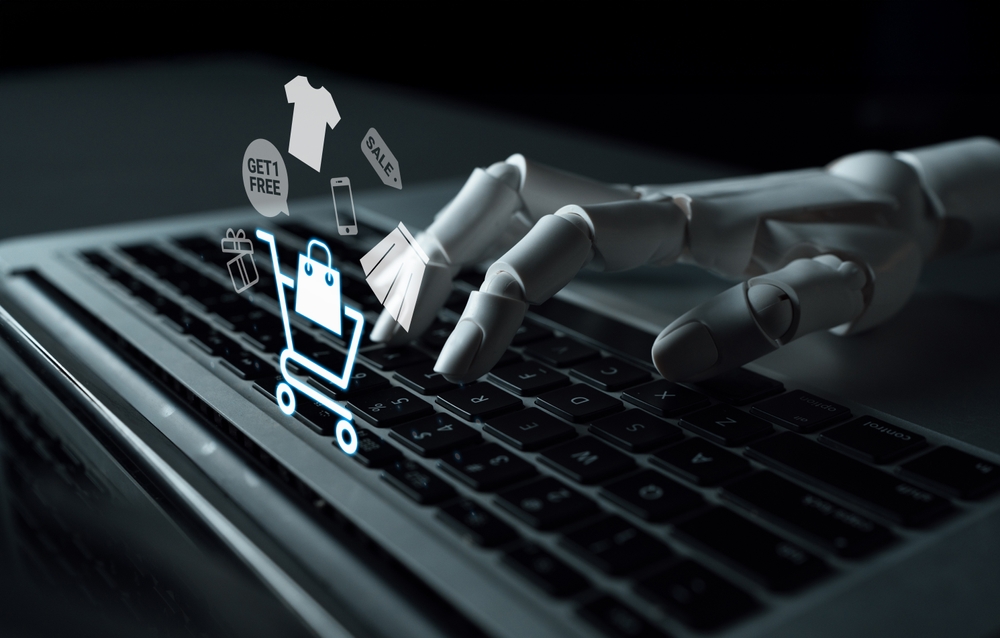By Stephen DeAngelis
Discussing sustainability in today’s politically-charged business environment is tricky. It shouldn’t be. Sustainability is all about the future — the future of business and the future of the planet. Last year, the MIT Center for Transportation & Logistics and the Council of Supply Chain Management Professionals (CSCMP) published a report entitled The State of Supply Chain Sustainability 2023. In an introduction to the study, the authors noted, “The supply chain sustainability journey is a long one, and it contains multitudes.”[1] The introduction also observed, “Sustainability commitments are not consistently distributed across supply chains and around the world. … Pressure on supply chain professionals to improve their firms’ supply chain sustainability profile grows every year across every measure that we track. And every year, the path towards achieving those goals appears to cross supply chains.” Commenting on the report, Mark Baxa, President & CEO at CSCMP, stated, “The findings and supporting commentary found in this report continue to demonstrate the criticality of the supply chain ‘doing the right things right’ for society. When companies speak of their contribution towards environmental and social responsibility, they speak to the work of the supply chain.”
Some business people bristle when they hear that they should be engaged in “doing the right things right for society.” After all, they argue, businesses are created to make profits not change society. However, the Material Handling & Logistics (MH&L) staff notes, “Investors continue to have an outsized and growing role in putting pressure on firms to make their supply chains more sustainable.”[2] Even if business leaders would like to ignore sustainability efforts, Chad Spitler, CEO and Founder at Third Economy, insists, in today’s business environment, that’s not possible. He explains, “The past 12 months have seen an unprecedented number of policies and regulations related to sustainability — from the SEC’s landmark climate risk reporting rule to California’s SB-261 and SB-253, to the EU’s ESRS and CSRD.”[3] Spitler goes on to note that this complex regulatory environment has resulted in numerous legal cases. He writes, “This ambitious agenda has been impeded, as legal challenges have tangled up regulatory proposals in the courts. The result is a stalemate of epic proportions, as corporations hit the pause button on their climate-related reporting and sustainability increasingly becomes perceived as a burdensome compliance exercise.” Things are only going to get more tangled over the next few years.
Embracing Sustainability
Spitler argues that businesses are focused too much on legalities and not enough on opportunities. He explains, “Sustainability has been moved out of the strategy function and relegated to the lawyers and accountants of compliance. This is not only a new resourcing challenge but a big problem for our overall business landscape, as companies focus more on the ‘what’ of reporting instead of the ‘why’ of innovation. The act of disclosing has become more important than the content of the disclosures themselves. We need to stop thinking about sustainability as an expense for companies and start focusing on its role in innovation and revenue generation.” According to journalist Jim O’Donnell, the confusing maze of sustainability regulations has reduced, rather than increased, sustainability efforts. He reports, “The general consensus is that sustainability is a critical issue in supply chain management. But there’s a clash between short-term business concerns and long-term benefits of sustainability initiatives.”[4]
Spitler believes being short-sighted about sustainability is bad strategy. He explains, “The truth is that sustainability drives resource efficiency — by shining a light on materials use and waste production, companies can create innovative solutions, optimize processes and better insulate against potential market shocks and ensure an effective supply chain. These savings and improvements ultimately free up the company to reallocate resources for even more innovation, like developing new products or services that address social and environmental needs.” He’s not alone in that assessment. John Hoekstra, Senior Vice President and Global Head of Sustainability at Prologis, insists that sustainability decisions made today will have significant impacts on the future of any business. He explains, “Businesses must manage today’s pressures on their operations — such as geopolitical tension and labor disruptions — while investing in future-focused solutions such as renewable energy, electric vehicles and automation alongside artificial intelligence. To find the balance, leaders want to know what they can do to improve their efficiency today while planning for a sustainable tomorrow.”[5]
According to Stephan Liozu, founder of Value Innoruption Advisors, all companies will eventually embrace sustainability efforts. He writes, “Companies have no choice. They have to comply, and they have to respond to consumer needs.”[6] He bases his claims on two factors. First, “regulation is becoming a reality in some parts of the world. That is the top-down pressure coming from governments, regulators, and other global institutions. Regulations can impact every aspect of a company’s business model.” And, second, “consumers and customers are demanding more from their suppliers: that is the bottom-up effect where consumers are changing their buying habits. Two key statistics to consider: 88% of consumers will be more loyal to a company that supports social or environmental issues. And 83% of consumers will always choose a brand with a better sustainability record.” Like Spitler and Hoekstra, Liozu believes companies that embrace sustainability efforts will be tomorrow’s winners. He explains, “Sustainability can become a critical differentiator for companies to put it at the heart of their corporate value proposition. That means transforming the core business into a sustainable one and creating a strong strategic pillar around sustainability and social impact. It is not an afterthought or a simple corporate program somewhere in the corporate maze. It becomes part of the business model. When done right, sustainability becomes a strong corporate differentiator that transpires in the services, products and software offered to customers.”
Concluding Thoughts
Journalists Molly Mastantuono and Kristen Walsh write, “The supply chain has emerged from the business landscape as a critical determinant of a company’s resilience and viability. … Supplier strength involves more than the ability to avoid bottlenecks while maintaining low costs and high quality, however. Consumers also expect companies to prioritize sustainability: According to the most recent Bentley-Gallup Business in Society survey, 81% of Americans consider it ‘extremely important’ for businesses to offer fair wages to workers and make money in ethical ways, while 59% say companies should protect the environment and 58% believe they have an obligation to improve the communities they serve. … However, while the demand for sustainability is loud and clear, the path to achieving it in today’s globalized world is not without challenges.”[7] As Hoekstra pointed out, artificial intelligence can help companies become more sustainable and successful.
Mastantuono and Kristen Walsh point to the work of Bentley University professor Gang Li. In research published in the journal IISE, Li and his co-author, Yu Xia, a professor of Business at the College of William & Mary, explain how large-scale operators can take advantage of machine learning tools — including the innovative decision support model proposed by Li and Xia — to efficiently and effectively identify sustainable suppliers. “It’s time for businesses to look beyond short-term financial gains and proactively commit to sustainable operations,” Li says. “Doing so is not only critical to their own growth and success, but to the health and prosperity of people and our planet.” Spitler adds, “A focus on sustainability is a net benefit for all: enabling reduced operating costs, a more engaged workforce, new clients, happier investors, and lower environmental impacts for our planet’s health and safety. Before you write off sustainability as pure dollars and cents, consider the long-term opportunities that the practice enables and the insights that ultimately drive business growth. You are leaving profit on the table if you consider sustainability only a reporting exercise and not a driver of innovation.”
Footnotes
[1] The term “multitudes” references a line from Walt Whitman’s “Song of Myself” which reads, “I am large, I contain multitudes.”
[2] Staff, “Supply Chain Sustainability Pressure Continues,” Material Handling & Logistics, 18 October 2023.
[3] Chad Spitler, “Sustainability is a Driver of Innovation, Not an Expense to Manage,” ESG Today, 3 September 2024.
[4] Jim O’Donnell, “Sustainability ranks low on list of supply chain priorities,” TechTarget, 16 July 2024.
[5] John Hoekstra, “Future-proof your supply chain with sustainable innovation,” Trellis, 16 April 2024.
[6] Stephan Liozu, “The Sustainability Ship Has Sailed. Latecomers, Grab a Raft and Hope for the Best,” IndustryWeek, 16 March 2024.
[7] Molly Mastantuono and Kristen Walsh, “How to Build More Sustainable Supply Chains in a Globalized World,” Bentley University, 13 November 2023.








